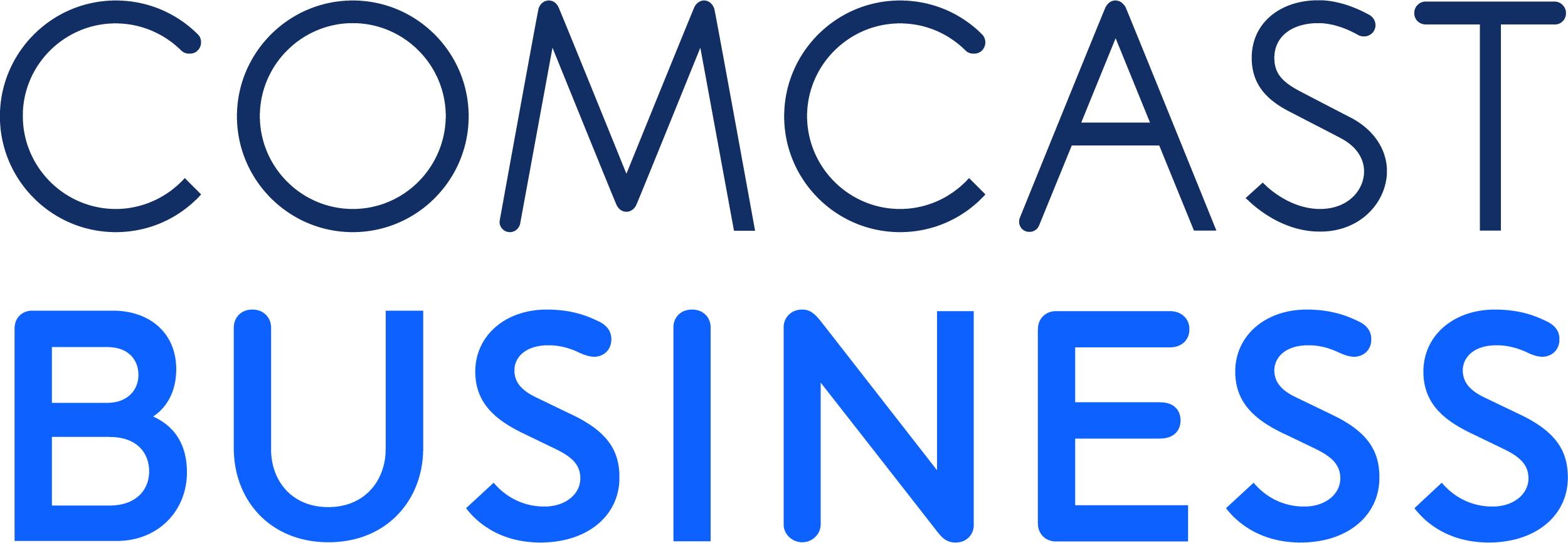Tax Tips for Small Businesses

If your customers have launched one of the estimated half million new small businesses in the U.S. last year, they’re likely facing a whole new world when it comes to paying taxes. What may have been a quick and simple process in the past has now become more complicated.
Even seasoned business owners are grappling with new complexities brought about by changes in the tax code. Should you take the standard deduction or itemize this year? Are meals and entertainment expenses still deductible? Do you qualify for pass-through status? These are just a few of the questions small business owners need to address, and with the April 15 filing deadline around the corner, there is little time to waste.
While some procrastinators may be tempted to turn to one of the many do-it-yourself tax preparation programs on the market, that may not be the best choice.
“We’ve seen countless examples of small business owners who think they’re saving time and money by managing their accounting using a simple spreadsheet instead of hiring a bookkeeper and engaging with a professional tax preparer or financial planner,” said Bruce Hinchley, CPA, founder, Hinchley and Company, a full-service tax and financial planning firm located in Centennial, Colorado. “They run a risk of losing information, falling behind, and following incorrect procedures that result in additional tax liabilities or even audits.”
Hinchley said small business owners can make mistakes without the proper guidance – ranging from something simple like not having a dedicated business checking account and credit card to more complicated ones like categorizing capital infusion as income or not keeping a true double-entry accounting system.
“All business income and expenses should flow out of one business account,” he cautioned. “And look for a single business credit card that breaks down expenses by category, for easier management.”
While Hinchley recommended that business owners engage a professional bookkeeper to get their financial information into a reportable format, he said that online, cloud-based accounting programs like Quickbooks, can help, along with receipt management programs that maintain an electronic record of business expenses.
“When our clients use Quickbooks and other cloud-based apps, it’s much easier, quicker and less costly for us to prepare their taxes because we can load the information directly into our tax prep software,” he said. “In the case of receipts, having an electronic record becomes critical down the road in the event of an audit, because eventually, the ink on printed receipts wears away and becomes illegible.”
Hinchley also offered advice for business owners looking for a professional tax preparer: “Find a CPA who is familiar with your type of business entity and your industry,” he said. “They should also have experience filing tax forms in your state, because the process varies from location to location. A full-service financial planner can provide important services beyond end-of-year tax prep, including advice on tax-advantaged insurance programs and corporate retirement accounts, and how to finance operational growth.”
“The ultimate goal for business owners should be to spend more time managing and growing their business and less time on bookkeeping and tax preparation,” he concluded.
See the story here on the Comcast Business Community, and be sure to share these tips with your customers.

